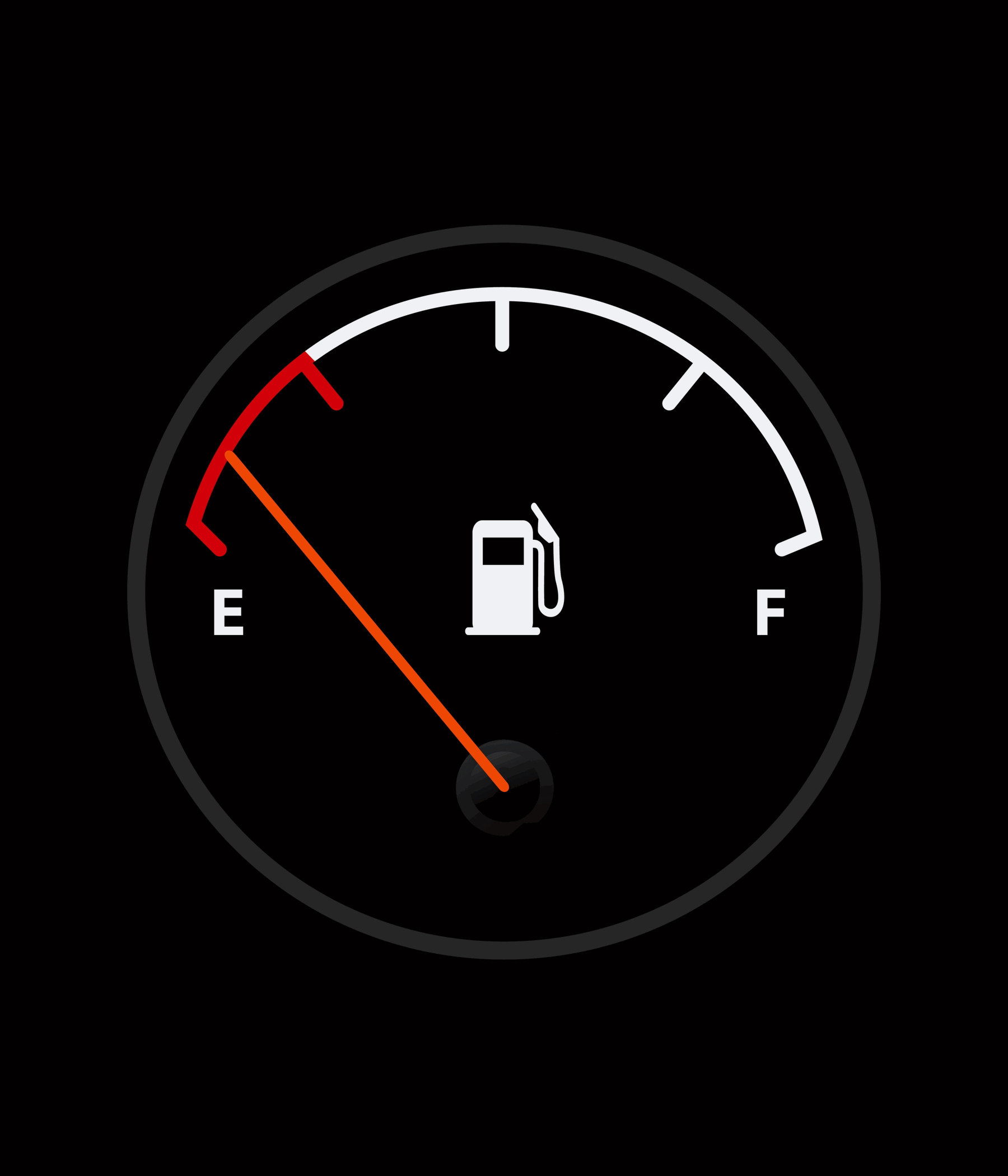
Are you really running on empty? Here's the science behind your hunger.
I don't think I've ever turned down food. A taste? A bite? A free sample at the grocery store? Bring them on. I like food and there's nothing wrong with that. But when I'm jonesing for a snack a mere 45 minutes after lunch? That's just a distracting annoyance. I'm an active guy, maybe my early morning workouts were the problem. Perhaps I wasn't eating a big enough breakfast? But after some research and speaking with a nutritionist, it's clear that I was simply making poor lifestyle decisions. To help my fellow ravenous snackers, we've pulled together the most common, scientifically backed reasons why we find ourselves constantly hungry. And to get you on the right path, we've paired each with a proven fix to fill you up and keep you on track instead of casing the office kitchen in search of scraps-not that I know anything about that.
Feel like you're constantly in search of a snack at work? How's your sleep schedule? When you're deprived of quality shut-eye, your levels of a hormone called leptin (which sends your brain signals of feeling full and satisfied) drop. A PLoS Medicine study found that this, in turn, increases your appetite and makes you crave comfort food. More bad news? A lack of sleep can cause you to burn fewer calories and experience an increase in another hormone, cortisol, which can make your body store fat.
According to registered dietitian and nutritionist Bonnie Taub-Dix, stress can have a funny effect on your feelings of hunger. It's an interesting twist, she says, how our bodies trick us into feeling hungry when we're merely stressed out. We have an innate trigger to "eat our feelings" when we're feeling down or worried about work or family problems. What's more, a 2015 study published in the Journal of Clinical Endocrinology and Metabolism found consuming sugary beverages actually helps combat the onset of stress.
Many people end up eating a lot of refined carbohydrates during the week. Maybe some sugary cereal in the morning, a few slices of pizza at lunch and some pretzels for a snack. The problem with this is that you're constantly fueling yourself with nutritionally deficient, refined carbs. These burn quickly in your body, which spikes your blood sugar and then causes it to crash. When your glucose levels drop, you trigger your body's hunger response.
Taub-Dix says that most of us confuse dehydration for hunger all the time. It's not really our fault. That's because your hypothalamus regulates hunger and thirst, and sometimes it mixes up its signals. In fact, drinking some water before a meal can keep you from overeating. A recent study published in Obesity found that those whose drank two cups of water before eating consumed 75 to 90 fewer calories over the course of a meal.
As we mention above, dehydration will make you feel hungry. And anyone who's been hungover knows that alcohol dehydrates your body. What's more, a study published in the American Journal of Nutrition showed that alcohol is one of the biggest drivers of excess food intake. So that pre-dinner cocktail might set you up to overeat. That's likely because alcohol can heighten our senses and make food look and smell more tempting.
In an effort to get their employees to eat less candy, Google's Human Resources team experimented in their New York office. Their in-house study, nicknamed " Project M&M," simply yet strategically put the candy in opaque containers and instead emphasized the placement of dried figs, pistachios and other healthy snacks in glass jars. This seemingly small change curbed candy consumption by 3.1 million calories in just seven weeks. According to Cambridge researchers, we have an inherent human desire to see our food. And this has programmed our guts to release hunger hormones at the mere sight of food, leading to false cravings.
Your stomach is essentially the size of both your fists pressed together.